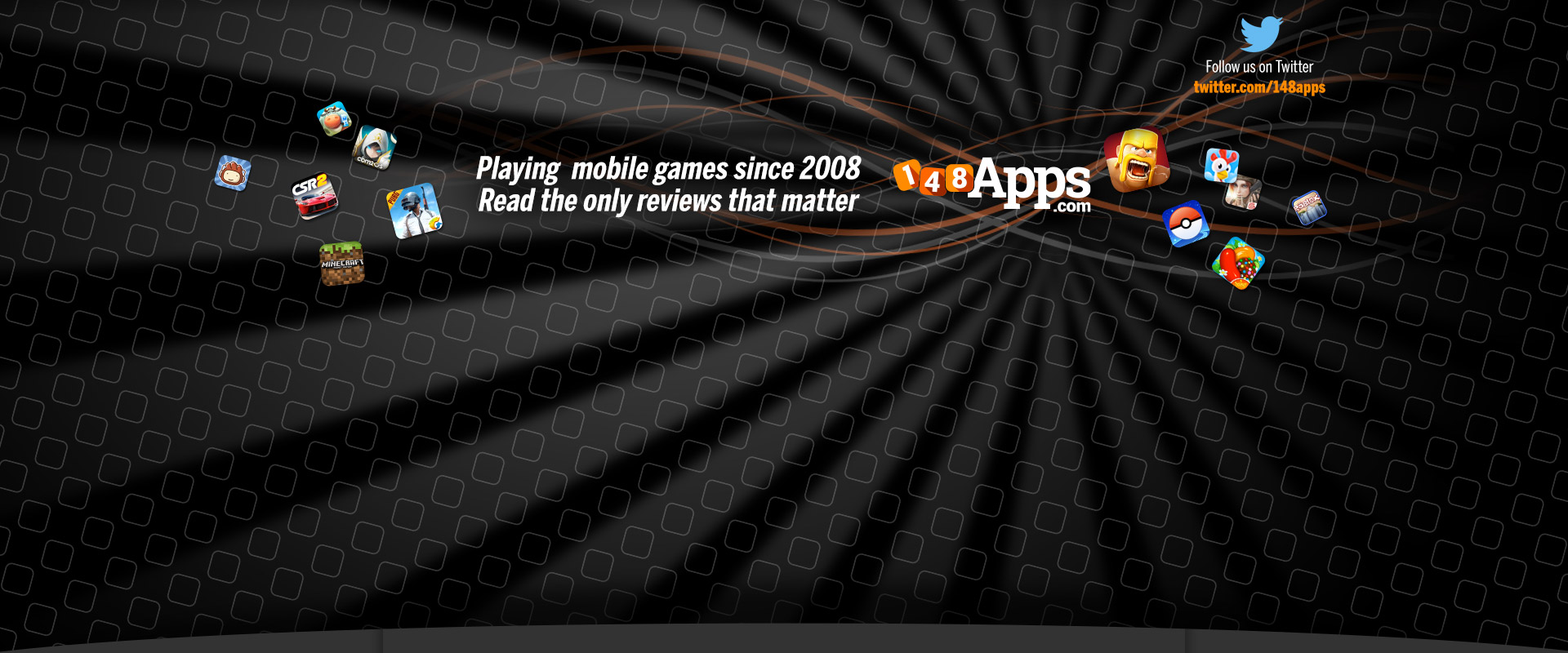App Store Insiders: William Volk, CCO of Playscreen
148Apps: How has the App Store changed your life?
William Volk, CCO of Playscreen: It's 100% of my work. I've been in the game industry since the dawn of time, or at least the Apple II, and we've never had a situation like this. After-all there were only 785 different NES Carts EVER released (USA/Europe). We're talking about almost 1000x the number of games. This is one of these "be careful of what you wish for" situations. When we were doing games for the Mac and PC we used to complain about the distribution channels. Now that we have the almost-frictionless App Store, there's no barrier to entry and it is very hard to get noticed. Marketing apps is a huge challenge. Free-to-play is extraordinarily difficult.
148Apps: The App Store changed mobile app sales completely. Why do you think
Apple was able to wrestle the control of app distribution from the
carriers?
William Volk: I believe this (as I wrote in 2010):Apple launched the iPhone in the summer of 2007. Prior to the launch, mobile content (ringtones, wallpapers, apps) were under the control of the operators. Anyone who complains about the iPhone App Store should ask developers what it was like to get an app "on deck" at AT&T, Sprint, or Verizon in 2005.
So Apple, already having launched iTunes, naturally gets the rights to sell music on the new iPhone. But what about the apps?
Well, this was Apple's "Boca Raton" moment. So what Jobs does is launch the device with Web Apps only, as a strategy to get AT&T and the rest to cede control of the platform to Apple. Nothing to worry about Mr. Operator, honest:
"Developers and users alike are going to be very surprised and pleased at how great these applications look and work on iPhone," said Steve Jobs, Apple's CEO. "Our innovative approach, using Web 2.0-based standards, lets developers create amazing new applications while keeping the iPhone secure and reliable." - Steve Jobs, June 11th, 2007.
Of course Apple has to be able to update the iPhone's operating system and core apps (mail etc.) and that is done, naturally, via iTunes. AT&T goes along with this, seeing that Apple already was dominating MP3 players. Precedence set with an earlier (failed) Motorola phone (ROKR*) that also featured iTunes. I mean how big could this new phone be given the failure of Moto iTunes phone?
I would have loved to been at that meeting.
So Steve pulls a Gates and wrests control of content away from the carriers. A year later, native apps and the App Store appear and by then the iPhone is too important for AT&T to really object. Hence the App Store and for all the complaints about approvals ad-nauseum, the first time a 'open' market for software exists on a mobile device. 200k apps and billions of downloads later, the historical importance of this is clear.
148Apps: In the five years since launch, the App Store has gone through considerable changes. The number of users has skyrocketed along with downloads, prices for paid apps has stabilized way lower than many expected, free to play has dominated the top grossing charts. If, knowing what you know about the App Store now, you could go back and influence your path five years ago, what would you say?
William Volk: Move fast into a category and OWN IT. We actually started on the iPhone the week it shipped in 2007 (see 'iWhack'). With ad-supported web games. We (at MyNuMo, who's game assets were acquired by PlayScreen in 2010) had over 20 web based games, some of which (according to Apple) were the most popular web apps on the iPhone in 2007/8. We were crazy not to take these and simply move fast and launch them on the App Store from day 1.Part of the reason was we didn't have the resources. Hindsight is 20/20, but we should have found a way. I had two meetings at the iFund (KPCB) and lost put to ngmoco ... wish I had been more aggressive on this in 2008. It sounds crazy now, but it was hard to convince people (VC's included) in 2008 that the iPhone (and App Store) was going to be a huge success.
I will give ngmoco credit for a brilliant idea. Release their first apps as FREE and use that as a channel for the rest.
148Apps: What have you seen on the App Store, outside of apps you are
associated with, that has surprised you most?
William Volk: How time and time again, stripping apps of complexity wins the day. There were a bunch of 'pictionary' apps before Draw Something with far more features. Says a lot.
148Apps: Any predictions for what the App Store will be like five years from now?
William Volk: Publishers will play a larger role. You will see branded apps, some of them premium, do better ... as the traditional video game business moves into mobile in a big way. Apple will do something with TV. The new game consoles won't repeat the success of the prior generation. You'll always have new people come up with surprising and cool games, but for many developers ... aligning with a publisher or brand partner will make sense.We haven't even begun to hit the possibilities of the device. Learning games, if the algebra game "Dragon Box" is an indicator, may actually change education. I sure hear good things about our "Word Carnivale" game for learners.
Finally: Real money casino gaming will be huge on phones, starting in Europe.
Many thanks to William Volk for his time.



